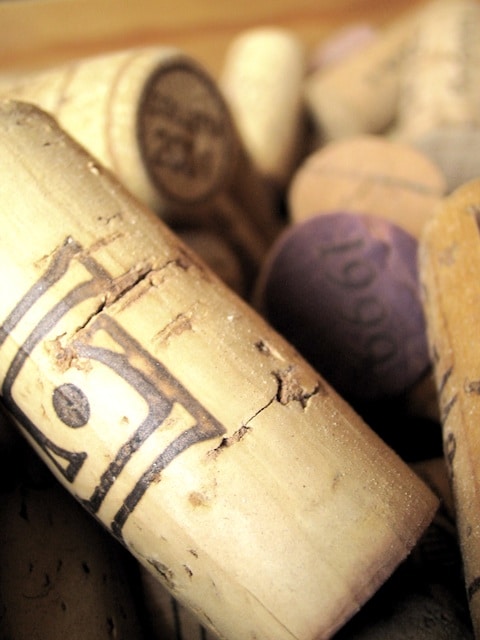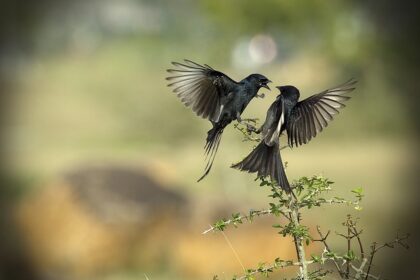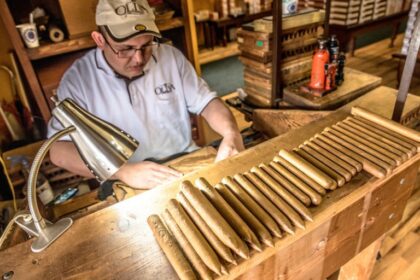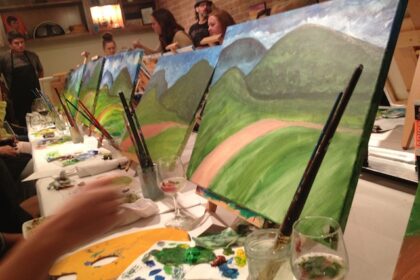
Over the past two decades, Canada’s wine scene has acquired an international reputation mostly thanks to the production of icewine – and more recently, all types of wines – that has been taking place in the Okanagan Valley of British Columbia and in the Niagara region of Ontario. Yet, another Canadian player has more recently jumped into the wine-making ring – namely, the province of Quebec – and has progressed to the point where its production is now more than esteemed both within Canada and beyond the country’s borders. Quebec is undoubtedly one of the world’s newcomers to discover.
An Older Roadmap Than One Would Think
Although the presence of Quebec wines at international competitions is a recent fact, the production of wine – or the attempts to grow vines – in Quebec is far from new. When French explorer Jacques Cartier reached the ground of today’s Île d’Orléans in 1535, he noticed the existence of indigenous vines which brought him to call the place “Île de Bacchus” after Greek god Dionysus – known to Romans as “Bacchus.” Samuel de Champlain, who founded Quebec City in 1608, tried planting Vitis vinifera from the early days of the settlement, albeit without success. For more than three centuries, wine production remained a small-scale activity, with some individuals and religious congregations giving it a try.
Yet, the 1980s marked the beginning of a new era for Quebec’s wine. Fuelled by the arrival of immigrants from countries with a long wine-producing history in the 1960s, as well as by the discovery of the world by young Quebecois travellers who were in the midst of their Quiet Revolution, interest in wine and its production began growing. Both surprisingly – because of the recent emergence of Quebec as a serious wine-producing province – and unsurprisingly – because of Quebec’s strong ties to its French legacy – Quebecois nowadays are by far the biggest consumers of wine across Canada. Like the rest of Canada and the world, they also are just starting to discover that their heartland produces astonishing, distinctive wines.
Growing Expertise Across The Province
National and international wine tasting competitions led the products of many members of the Association des vignerons du Québec (AVQ) to win more than five hundred medals since 1994. What’s more, a bunch of other Quebecois wineries which do not belong to the AVQ also produce top quality wines which also earned international recognition: for instance, Vignoble d’Oka’s red wine Mystère Rouge won a double gold medal at the Finger Lakes International Wine Competition in 2012 and a silver medal in 2013, while Carone’s Venice pinot noir earned a silver medal at the InterVin International Wine Awards in 2010. And these are just two examples of Quebec’s excellence.
Internationally respected Quebecois sommelier François Chartier wrote in 2011 that Quebec’s wine scene had finally reached adolescence and that it was a wonderful teenager, suggesting that it holds a promising future, which can sound overly optimistic if one raises the question of the province’s climate. Yet, most wineries in the province were quick to understand that with short summer seasons and long, harsh winters, the best strategy to adopt was not to imitate what is done elsewhere in the world, but rather to develop what Quebec’s particular terroir has to offer.
Therefore, the vines which are widely grown in the province – such as Vidal, Frontenac, Seyval blanc, Maréchal Foch, Sainte-Croix and so on – generally are endowed with specific properties that allow them to resist to very low temperatures and to produce considerable amounts of sugar in the grapes within a short growing period. This meticulous, evidence-based selection of vines by Quebecois wineries produces unique, refined and charming flavours that blend into a new experience for the palate. Although Quebec’s white wines and ice wines typically remain the safest bets of the untrained taster, an impressive and increasing number of red wines can unquestionably compete with those of any other country while keeping their characteristic touch.
The 2012 vintage promises to be one of the best ever produced in Quebec. That year, the weather conditions were more clement than those of any preceding year. For this reason, the wine lover who seeks to discover the richness of the Quebecois wine industry should covet the products from 2012 vintage without hesitation. Many wineries have online stores offering shipping services. Additionally, more than 105 Quebecois wines are available at the Société des alcools du Québec, both at its multiple outlets and on its website, or at many of the best restaurants in Montreal, Quebec City and elsewhere in the province. Yet, your Quebecois wine tasting experience will be even more fulfilling if you were to sip the province’s products right where they are made – that is, at the vineyard.
Seven Lucky Suggestions
1. Mystère rouge (red wine) by Vignoble d’Oka
2. Cuvée spéciale vin gris (vin gris) by Vignoble de l’Orpailleur
3. La Mission Réserve – Vin fortifié (fortified red wine) by Vignoble La Mission
4. Phénix rouge (red wine) by Vignoble Rivière du Chêne
5. Le voile de la mariée (white wine) by Vignoble Ste-Pétronille
6. Champs de Florence (rosé wine) by Domaine du Ridge
7. Sélection royale (sparkling white wine with blackcurrant syrup) by Le Cep d’Argent
*Author: Alexandre Duval is a blogger for Tourism Montreal and a foodie who writes about tourism in Montreal and elsewhere in Canada.
Jessica Festa
Latest posts by Jessica Festa (see all)
- A Culturally-Immersive Adventure In Mongolia’s Altai Mountains - Jul 8, 2023
- This Recipe Sharing Platform Supports Women In The Culinary Industry (Labneh Recipe Included!) - Nov 5, 2020
- Hiking The Mohare Danda Community Eco-Trek In Nepal - Jun 3, 2020
- 6 Important Questions For Choosing A Responsible Yoga Retreat - May 18, 2020
- How To Create & Grow A Profitable Blogging Business (Ethically) - Jan 18, 2020




